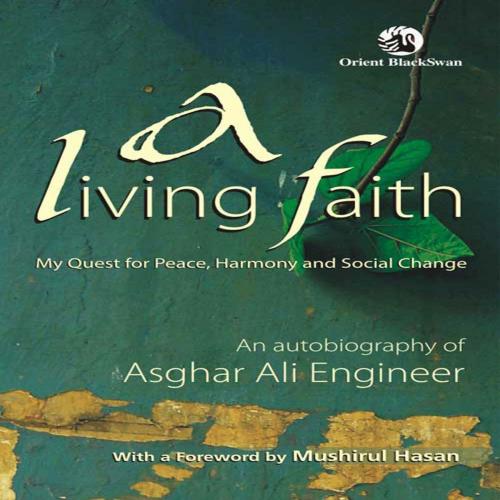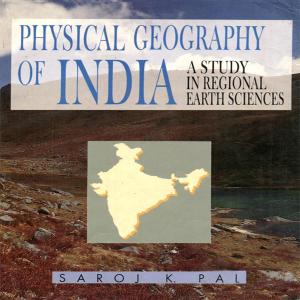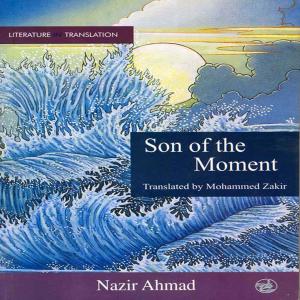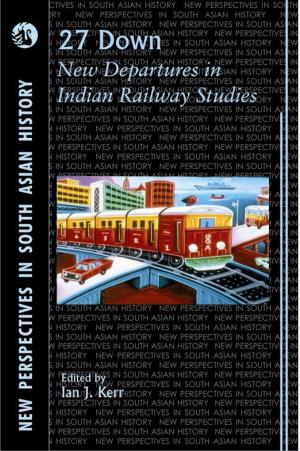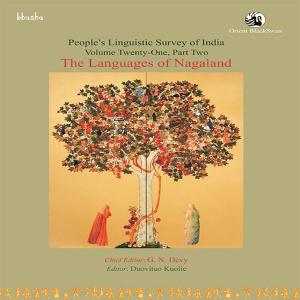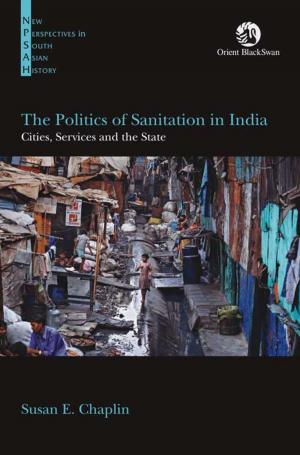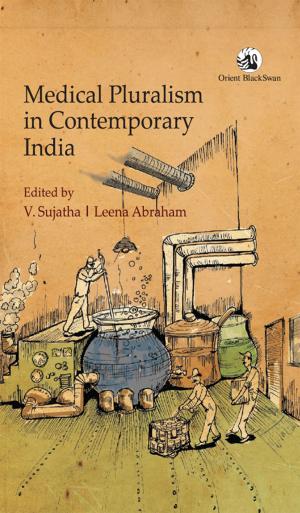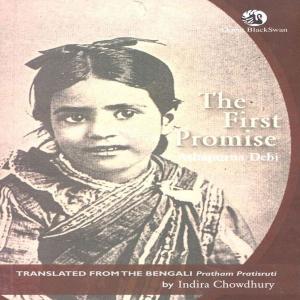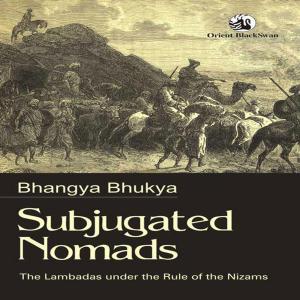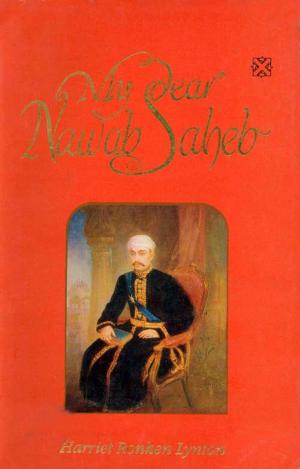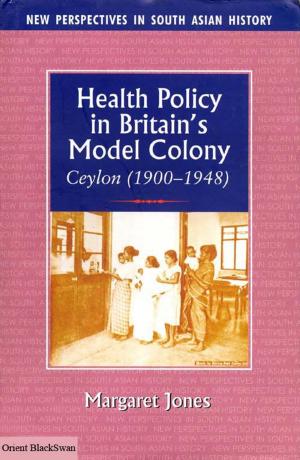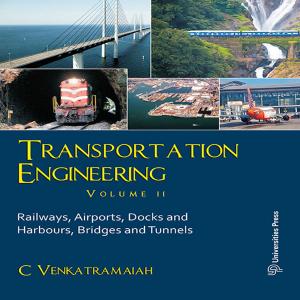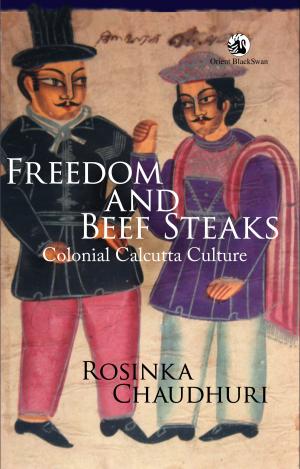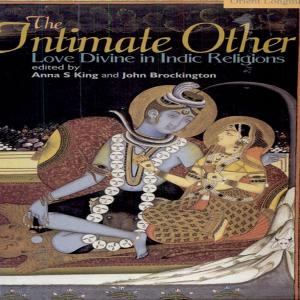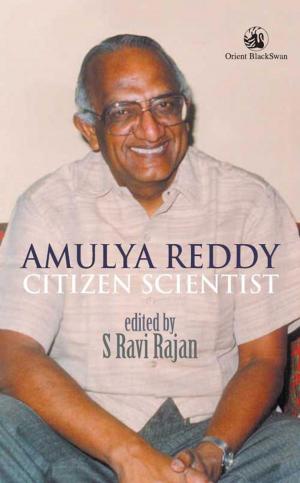A Living Faith- My Quest for Peace, Harmony and Social Change
An Autobiography of Asghar Ali Engineer
Biography & Memoir, Political| Author: | Dr Asghar Ali Engineer | ISBN: | 9788125053149 |
| Publisher: | Orient Blackswan Private Limited | Publication: | May 9, 2014 |
| Imprint: | Language: | English |
| Author: | Dr Asghar Ali Engineer |
| ISBN: | 9788125053149 |
| Publisher: | Orient Blackswan Private Limited |
| Publication: | May 9, 2014 |
| Imprint: | |
| Language: | English |
For most of the seventy-one years of his life, Asghar Ali Engineer has been a tireless soldier to the cause of national integration and communal harmony. Well-known today as a reformist, an activist and Islamic scholar, Asghar Ali Engineer received the Right Livelihood, or the ‘Alternative Nobel’, award in 2004 ‘. . . for promoting over many years in South Asia the values of religious and communal co-existence, tolerance and mutual understanding’. [Rightlivelihood.org]Written with the simplicity that perhaps describes the man himself, is an extensive autobiographical account of Asghar Ali Engineer’s commitment to building an inclusive society and his inter-pretation of Islam as a modernist. It chronicles the personal, social and political events that shaped his life and views, his struggle against the orthodox Bohra priesthood and his rise as a leader of social and religious reform. It also documents his interactions with religious and political leaders of various hues across the world in the attempt to create a society that embraces all faiths.Through the reminiscences of a life that has been lived for truth, depicts a journey—from violence to peace, from prejudice to acceptance, from politics of power and religion to the power of humanity—one that continues unheeded, against all odds
For most of the seventy-one years of his life, Asghar Ali Engineer has been a tireless soldier to the cause of national integration and communal harmony. Well-known today as a reformist, an activist and Islamic scholar, Asghar Ali Engineer received the Right Livelihood, or the ‘Alternative Nobel’, award in 2004 ‘. . . for promoting over many years in South Asia the values of religious and communal co-existence, tolerance and mutual understanding’. [Rightlivelihood.org]Written with the simplicity that perhaps describes the man himself, is an extensive autobiographical account of Asghar Ali Engineer’s commitment to building an inclusive society and his inter-pretation of Islam as a modernist. It chronicles the personal, social and political events that shaped his life and views, his struggle against the orthodox Bohra priesthood and his rise as a leader of social and religious reform. It also documents his interactions with religious and political leaders of various hues across the world in the attempt to create a society that embraces all faiths.Through the reminiscences of a life that has been lived for truth, depicts a journey—from violence to peace, from prejudice to acceptance, from politics of power and religion to the power of humanity—one that continues unheeded, against all odds
